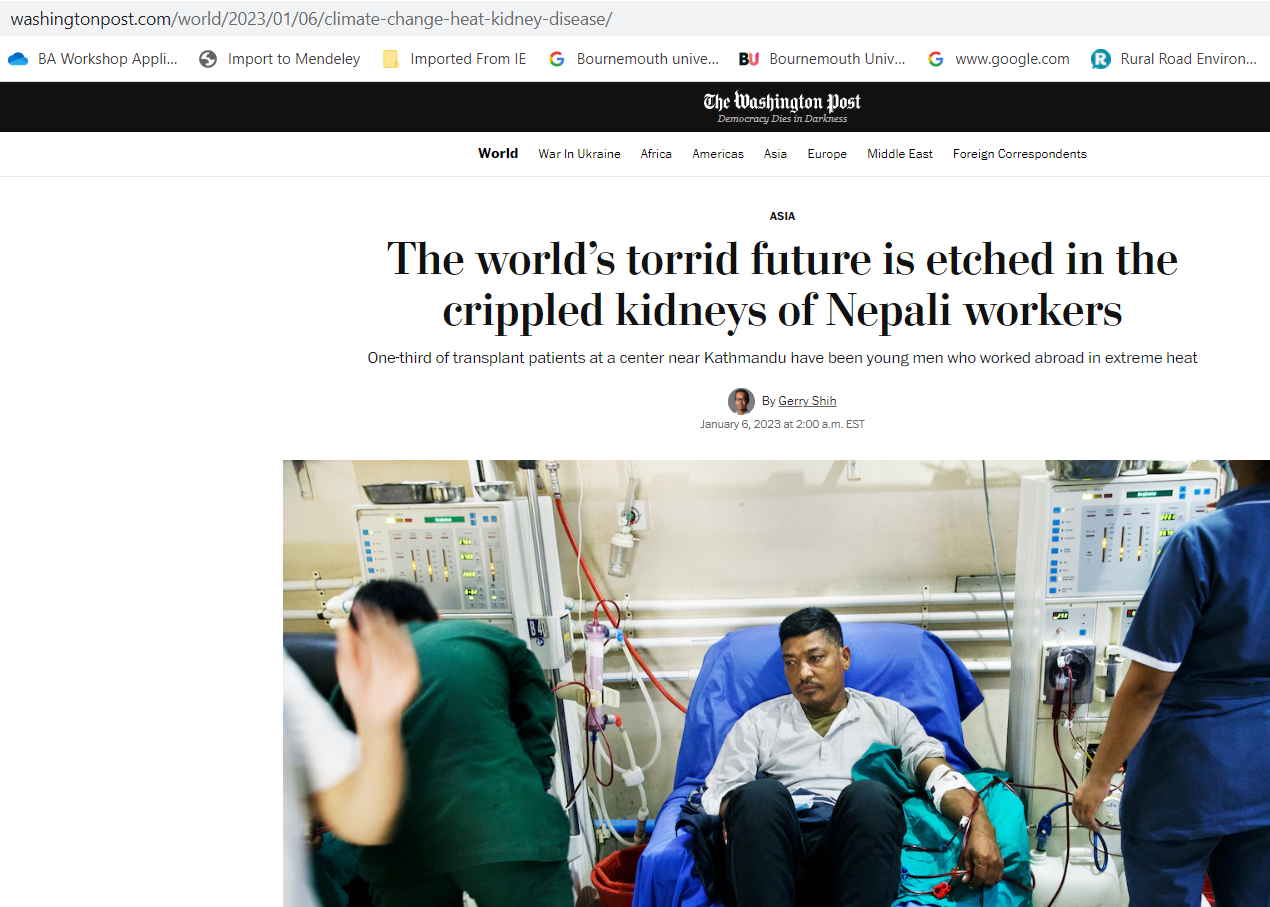 Today The Washington Post mentioned Bournemouth University’s research into kidney disease in migrant workers from Nepal. Our research was highlighted in an article with the title ‘The world’s torrid future is etched in the crippled kidneys of Nepali workers‘ written by journalist Gerry Shih. Dr. Pramod Regmi and Dr. Nirmal Aryal, both in the Faculty of Health & Social Sciences, are leading on a research project on kidney health and migrant workers. The paper mentioned in The Washington Post is titled: ‘Risk of kidney health among returnee Nepali migrant workers: A survey of nephrologists’ [1]. This survey paper was published just over a year ago, in late 2021, and it was preceded by other papers on this issue [2-3].
Today The Washington Post mentioned Bournemouth University’s research into kidney disease in migrant workers from Nepal. Our research was highlighted in an article with the title ‘The world’s torrid future is etched in the crippled kidneys of Nepali workers‘ written by journalist Gerry Shih. Dr. Pramod Regmi and Dr. Nirmal Aryal, both in the Faculty of Health & Social Sciences, are leading on a research project on kidney health and migrant workers. The paper mentioned in The Washington Post is titled: ‘Risk of kidney health among returnee Nepali migrant workers: A survey of nephrologists’ [1]. This survey paper was published just over a year ago, in late 2021, and it was preceded by other papers on this issue [2-3].
Dr. Pramod Regmi is Senior Lecturer in International Health and, Dr. Nirmal Aryal recently returned to BU as researcher on a study into kidney disease among Nepalese migrant workers (funded by the Colt Foundation).
Prof. Edwin van Teijlingen
CMMPH
References
- Aryal, N., Sedhain, A., Regmi, P.R., KC, R.K.,& van Teijlingen, E. (2021). Risk of kidney health among returnee Nepali migrant workers: A survey of nephrologists. Asian Journal of Medical Sciences, 12(12), 126–132.
- Aryal, N., Regmi, P.R., Faller, E.M,, van Teijlingen, E., Khoon, C.C., Pereira, A., Simkhada, P. (2019) Sudden cardiac death and kidney health related problems among Nepali migrant workers in Malaysia, Nepal Journal of Epidemiology 9(3): 755-758.
- Simkhada, P.P., Regmi, PR., van Teijlingen, E., Aryal, N. (2017) Identifying the gaps in Nepalese migrant workers’ health & well-being: A review of literature, Journal of Travel Medicine 24(4): 1-9.
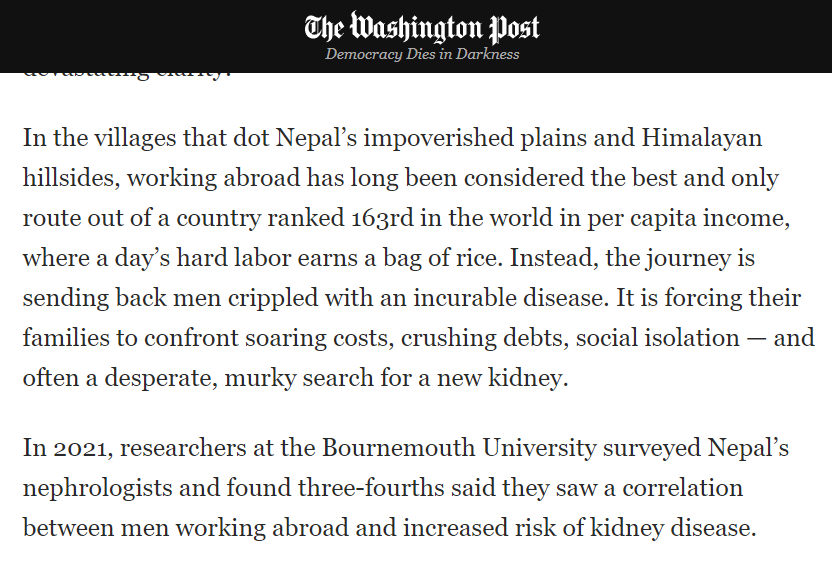


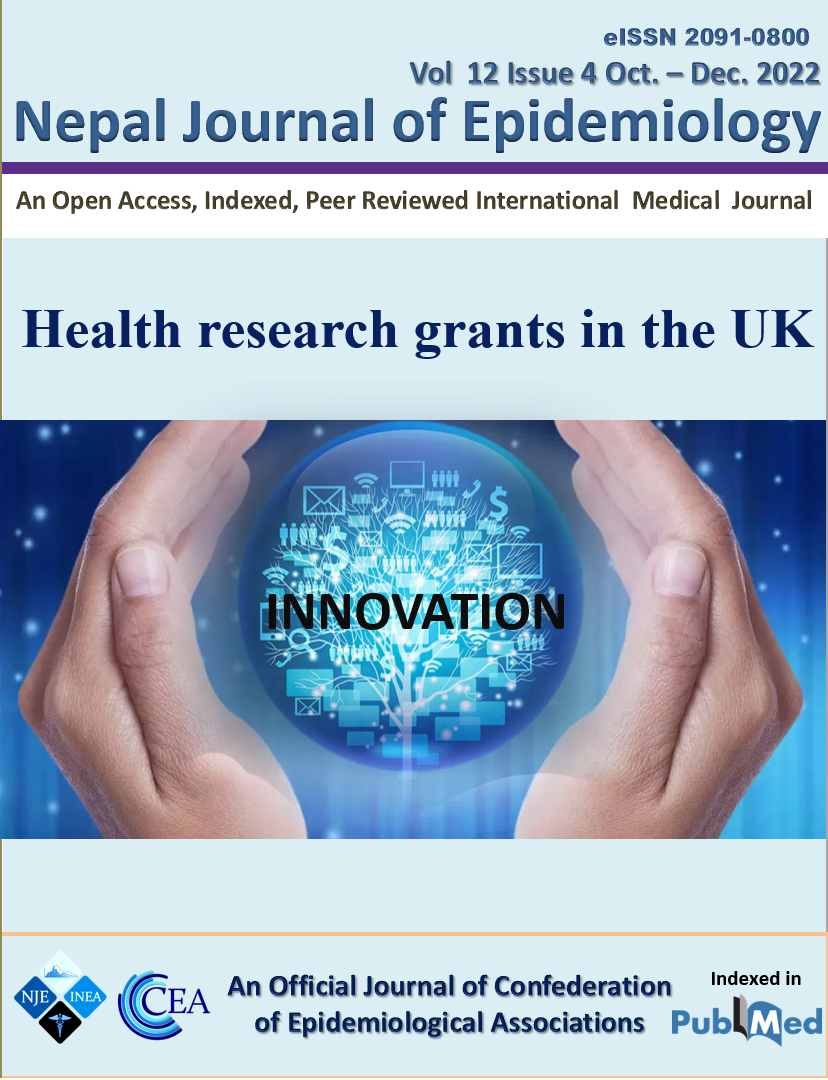
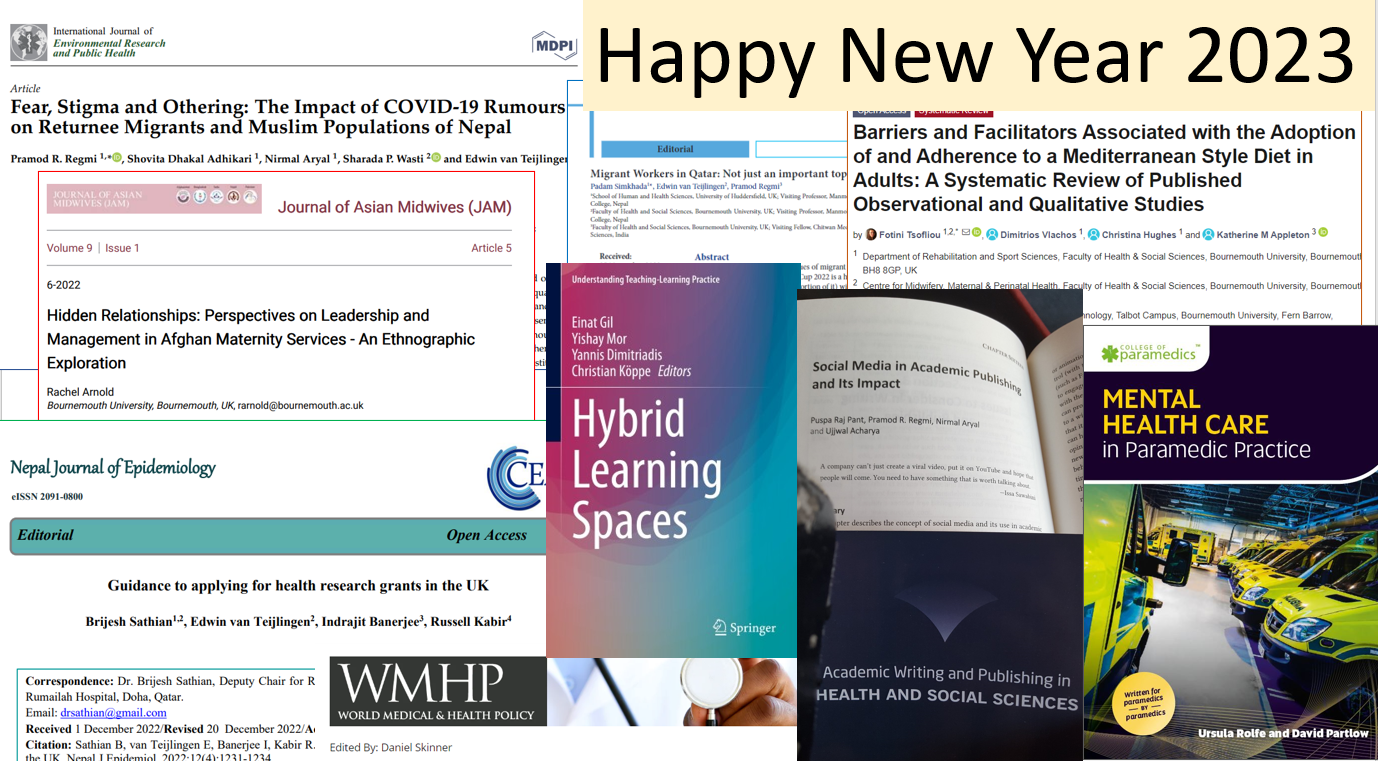
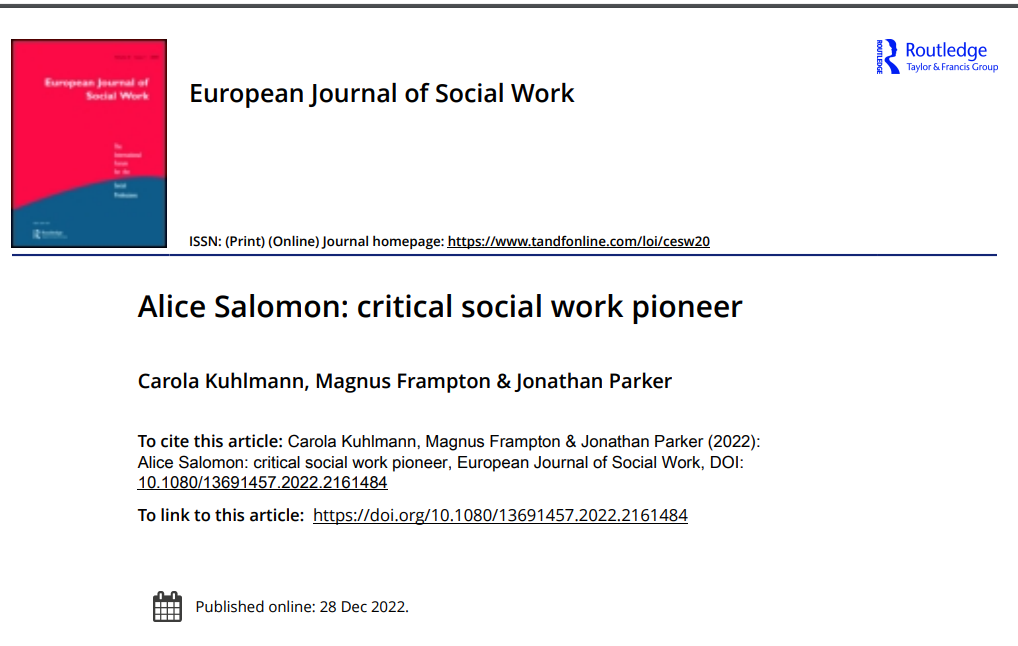
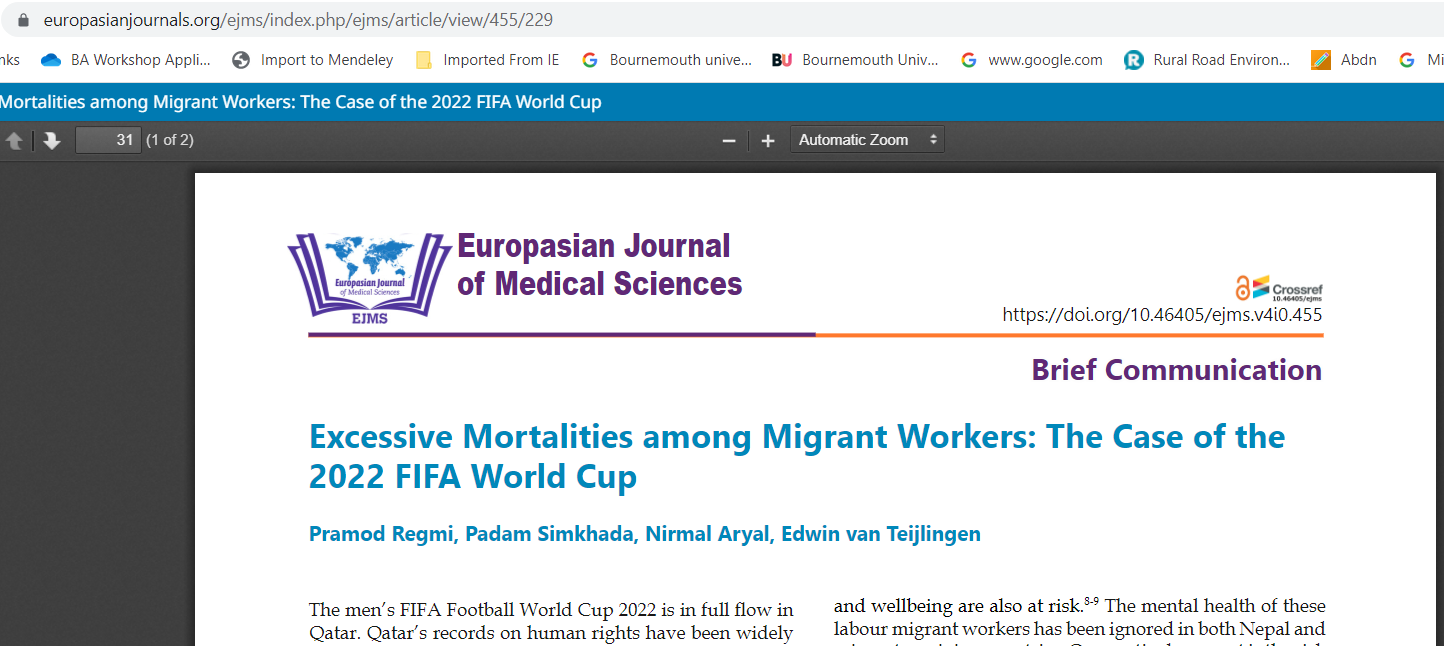

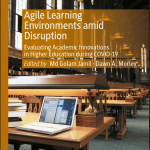

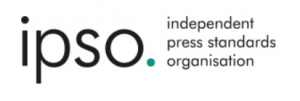
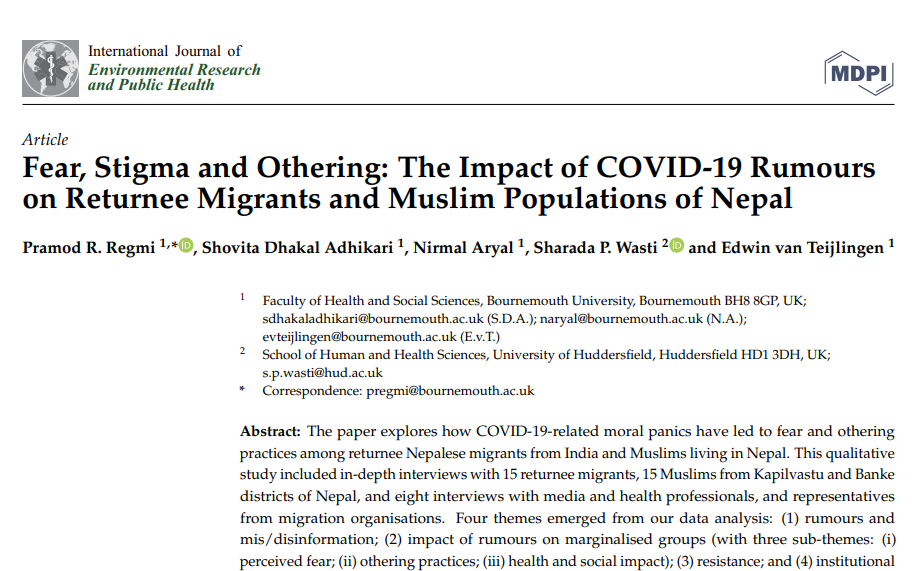
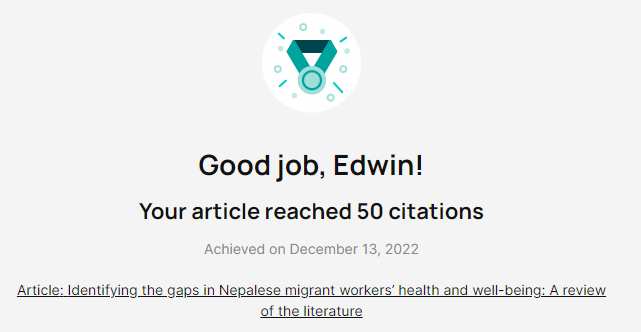

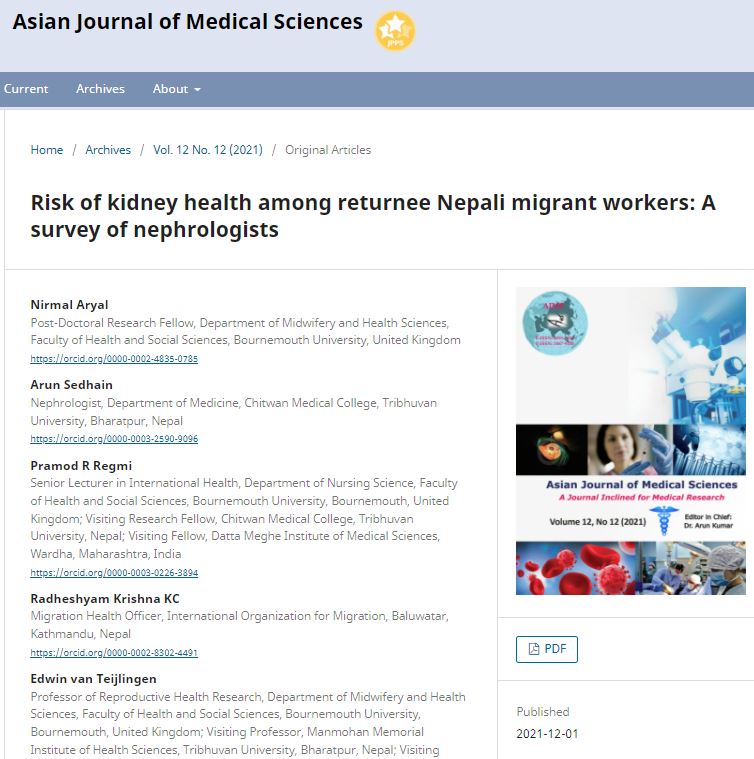
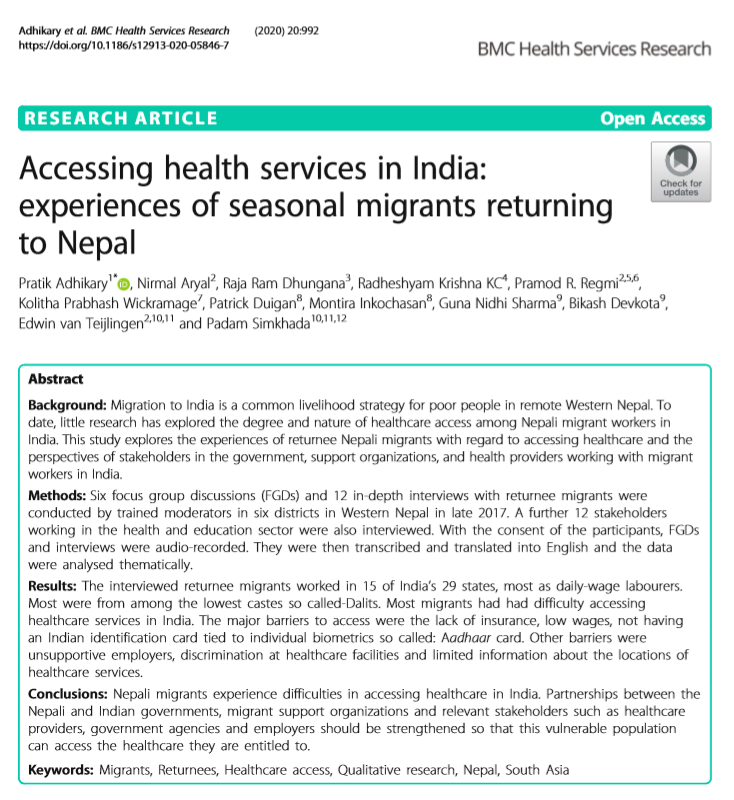



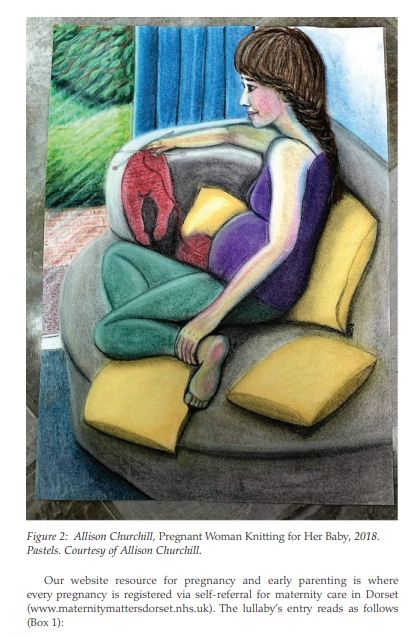

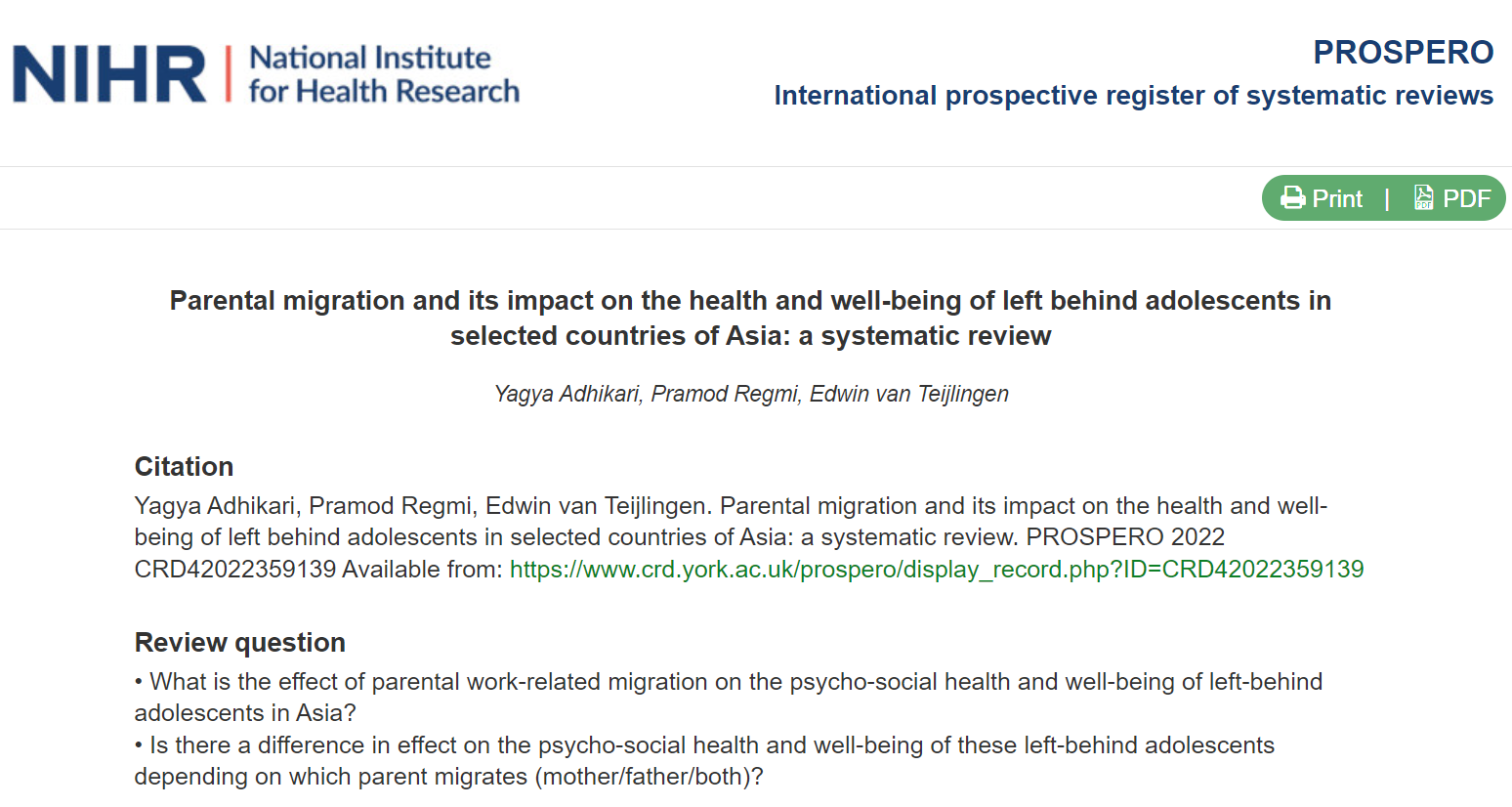
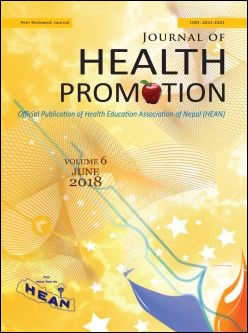

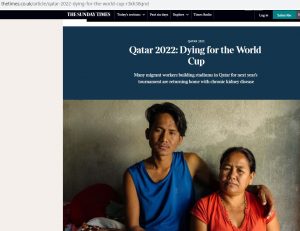

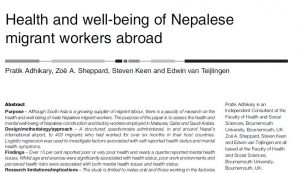
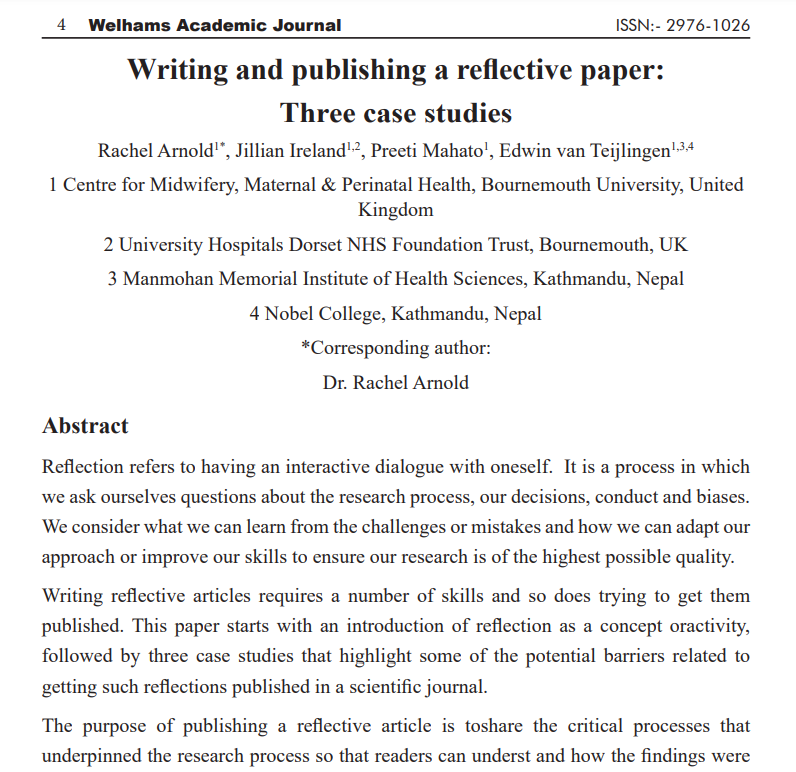













 Beyond Academia: Exploring Career Options for Early Career Researchers – Online Workshop
Beyond Academia: Exploring Career Options for Early Career Researchers – Online Workshop UKCGE Recognised Research Supervision Programme: Deadline Approaching
UKCGE Recognised Research Supervision Programme: Deadline Approaching SPROUT: From Sustainable Research to Sustainable Research Lives
SPROUT: From Sustainable Research to Sustainable Research Lives BRIAN upgrade and new look
BRIAN upgrade and new look Seeing the fruits of your labour in Bangladesh
Seeing the fruits of your labour in Bangladesh ECR Funding Open Call: Research Culture & Community Grant – Apply now
ECR Funding Open Call: Research Culture & Community Grant – Apply now ECR Funding Open Call: Research Culture & Community Grant – Application Deadline Friday 12 December
ECR Funding Open Call: Research Culture & Community Grant – Application Deadline Friday 12 December MSCA Postdoctoral Fellowships 2025 Call
MSCA Postdoctoral Fellowships 2025 Call ERC Advanced Grant 2025 Webinar
ERC Advanced Grant 2025 Webinar Update on UKRO services
Update on UKRO services European research project exploring use of ‘virtual twins’ to better manage metabolic associated fatty liver disease
European research project exploring use of ‘virtual twins’ to better manage metabolic associated fatty liver disease